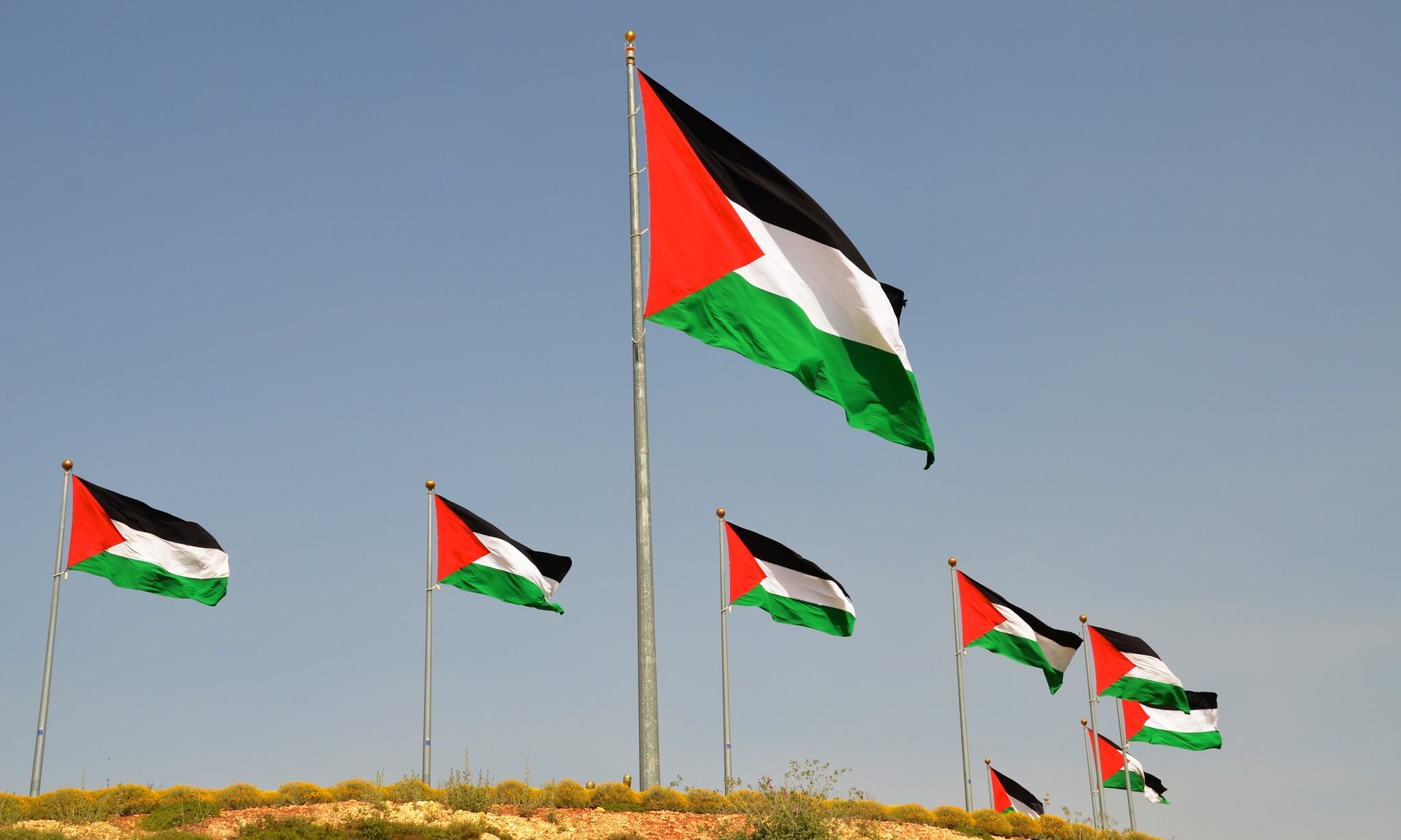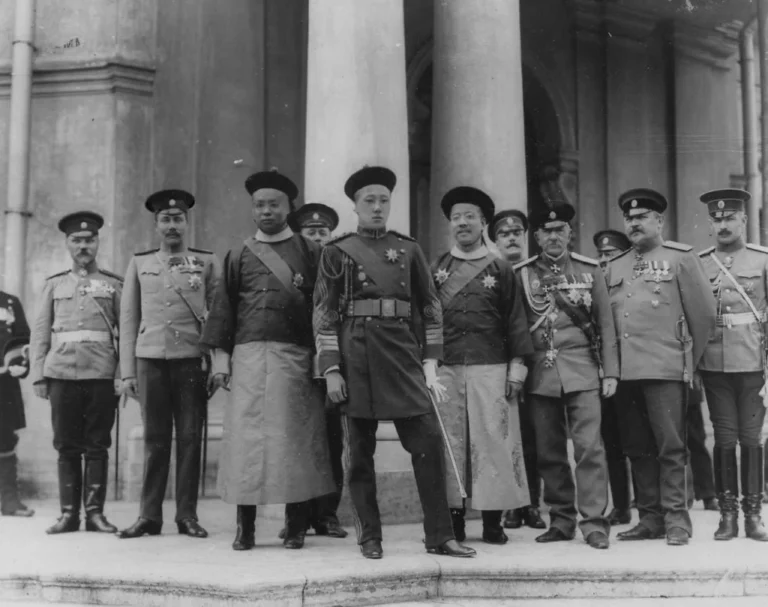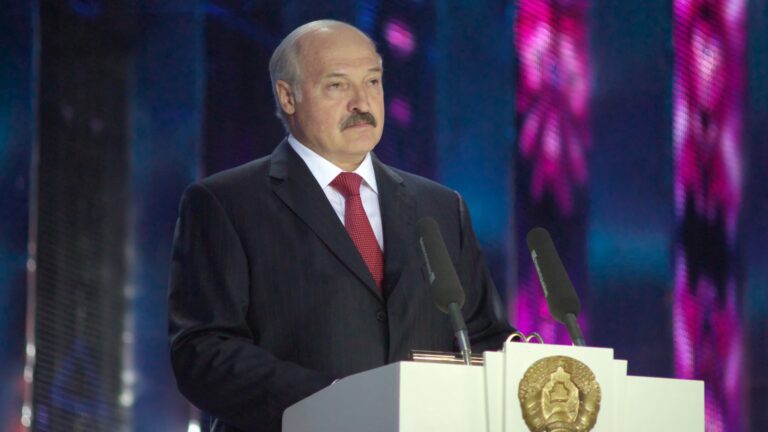
In April 2024, Beijing hosted reconciliation talks between two rival Palestinian factions, the Palestinian National Liberation Movement (Fatah) and the Islamic Resistance Movement (Hamas). Although the meeting brought no concrete results, the two sides seemingly showed willingness to continue working towards internal Palestinian unity and solidarity. This comes as China tries to establish a firm footing in the Middle East by aiding with the mediation of a ceasefire between Israel and Hamas, who have been at war since the October 7 massacre.
Hamas and Fatah are the two main Palestinian political parties, but they have been geographically divided since 2007, Hamas firmly entrenched in Gaza with Fatah controlling the West Bank. Their approaches to the Israel-Palestine conflict have consistently shown significant differences, making concepts of “Palestinian representation” synonymous with infighting, disunity, and eroding legitimacy.
Although the hopes for any real progress or breakthroughs in the talks were low, for Beijing they represented a way to position itself as an alternative mediator and a counterbalance vis-á-vis the United States; showcase its solidarity with and support for the Palestinian people; and play a more significant role in the Israeli-Palestinian conflict. Furthermore, the talks may also be part of Beijing’s attempts to legitimize Hamas as a political faction as China believes that only by bringing Hamas into the equation can the conflict be resolved in a peaceful way.
However, Beijing has, so far, lacked the necessary experience, leverage, as well as diplomatic relationships to be able to significantly alter the course of the ongoing war or achieve meaningful results in brokering a ceasefire between Israel and Hamas. While the reconciliation talks may add to China’s popularity in the eyes of regional powers and of what Beijing calls the Global South, its role is likely to stay a supportive one rather than engaging in active mediation.
Fatah and Hamas
Fatah is the largest secular Palestinian political party and was established in 1959. Mahmoud Abbas, a co-founder of the Fatah Party, has been its chairman since 2009. Fatah is currently the dominant party in the Palestinian Liberation Organisation (PLO), which is a coalition of parties that were a signatory to the 1993 Oslo Peace Accords with Israel. The PLO also acts as the official representative of the Palestinian people to the United Nations and other international organizations. Fatah is also the dominant political faction in the Palestinian Authority (PA), an organisation which was established in 1994 as a result of secret negotiations between Israel and the PLO the year prior. The Oslo Peace Accords provided a framework for a two-state solution, under which the PA was granted authority to govern the West Bank and Gaza Strip. Apart from being chairman of Fatah, Mahmoud Abbas, is also the current president of the PLO and the PA.
Although Fatah at first used a series of guerrilla tactics to fight Israel, the faction later renounced the use of violence and recognised Israel’s existence, adopting a more diplomatic approach to the conflict than Hamas and other militant groups like the Palestinian Islamic Jihad. After assuming a governing role over parts of the West Bank, the PA under Abbas has been coordinating with Israel Defence Forces on security questions concerning the Palestinian territories. However, given the incessant tensions between Israel and the Palestinians, the PA has been facing high distrust among the Palestinian people who see it as “an occupation collaborator.”
Hamas is an offshoot of the Sunni Muslim Brotherhood which was established in Egypt. Hamas was founded following the beginning of the First Intifada in 1987 and became the de-facto government of Gaza after winning Palestinian legislative elections in 2005 following Israel’s withdrawal from the Gaza Strip. Hamas gained full control over Gaza in 2007 when Fatah was driven out of the Strip, following a short war between the two factions, and became the governing faction of the West Bank. Unlike Fatah, Hamas does not recognize the state of Israel and supports the use of violence as a form of resistance against the country.
The movement receives its funds primarily from Iran and is a long-time ally of Lebanon-based militant group Hezbollah. Several countries, including the United States, member states of the European Union, the UK as well as Canada have designated Hamas a terrorist organization.
Why China?
The Beijing meeting comes not long after a similar visit took place in Moscow in March, where as many as 14 Palestinian groups attended discussions on how to achieve internal Palestinian unity. Fatah and Hamas declared their resolute determination to work towards a unified action in preparations for post-war Gaza. The primary objective of the talks was to bring Palestinian factions, including Hamas, under the umbrella of the PLO as well as to make way for a new PA government, which has been under continuous pressure from the United States to undergo significant restructuring and reform to be able to take the reins in Gaza after the war is over.
Beijing is viewed as a relatively neutral territory which is likely the reason for why the factions accepted Xi Jinping’s invitation. Unlike Russia, China does not have any extensive military ties or engagement with Iran, which presents an existential threat to Israel, or with Syria, Israel’s neighbor. Furthermore, unlike the United States, Beijing does not have a history of providing consistent support to Israel but instead has always voiced its support for finding a just solution for the Palestinian people. As such, China is seen as a more suitable partner for reconciliation talks.
As has been clear since the beginning of the most recent Israel-Hamas war, China’s ambition has been to build on the momentum of the Saudi-Iran rapprochement and show that it can be an effective alternative to the United States. Its current efforts to unify the rival Palestinian factions is a sign that, while Beijing is unlikely to be the mediator able to negotiate a ceasefire between Hamas and Israel, China can at least act as a diplomatic facilitator. The talks can also be seen as Beijing’s effort to push forward and reinforce its narrative that it continues to be, and has always been, on the side of the Palestinians. This comes in the face of Beijing’s growing popularity in the region amidst regional players’ disenchantment with the United States and the perceived economic benefits that can be derived from building ties with Beijing.
Can Unity Be Achieved?
If Hamas and Fatah manage to find common ground with the help of China, it could mean an opportunity for Beijing to play a bigger role in the reconstruction of Gaza after the war, both in terms of physical infrastructure as well as its governance. However, whether unity between the two factions can be achieved remains uncertain. Given their diverging approaches to the conflict, Hamas’ unwillingness to recognize the state of Israel, and the current circumstances, Fatah might not be able to find meaningful avenues through which to work with Hamas. Furthermore, the reconciliation talks are still in a nascent stage and the two factions are yet to agree on a form of governance and the framework for effective sharing of power.
While China can play a supportive role and facilitate the reconciliation talks, it lacks the leverage needed to become an active mediator. Though both factions expressed their gratitude to Beijing for its “efforts in promoting Palestine’s strengthening of internal unity,” if Hamas does not significantly alter its ideology and rhetoric, chances of reconciliation will remain low.
Written by
Dominika Urhová
DUrhovaDominika Urhová is a China Analyst at AMO, specializing in China's foreign policy, Cross-Strait relations and China's influence in the Middle East and the Western Balkans. In the past, she contributed to the Middle East Policy Journal and to the research outputs of the Observer Research Foundation. Dominika holds a Master's degree in Security Studies and Diplomacy from Tel Aviv University and a Bachelor's degree in Development Studies with a concentration in Economic Development from Lund University in Sweden.


